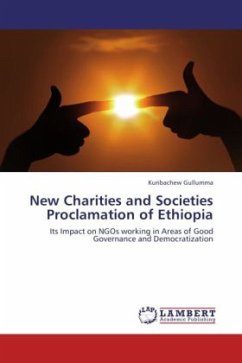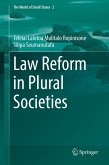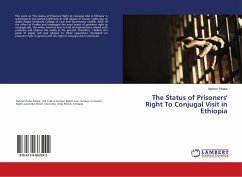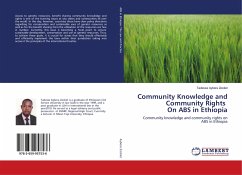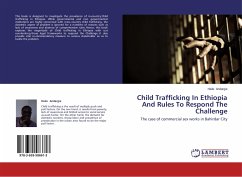The 1960 civil code of Ethiopia regulated NGO sector in the country for nearly half a century. The NGO community has been waiting for a new comprehensive NGO law which takes into consideration the modern features of the NGO sector in Ethiopia. However, when it finally arrived in 2009, the NGO community as well as several international organizations fiercely criticized it. The critics specially focused on the negative effects it has on NGOs engaging in the activities of building good governance and democratization. This paper, thus, examines the roles played by such NGOs before the enactment of the new law and how this law affected them. Such examination will help bring attention to the recently enacted NGO law of Ethiopia and should be helpful to NGO community, international organizations and any other persons interested in the area.
Bitte wählen Sie Ihr Anliegen aus.
Rechnungen
Retourenschein anfordern
Bestellstatus
Storno

